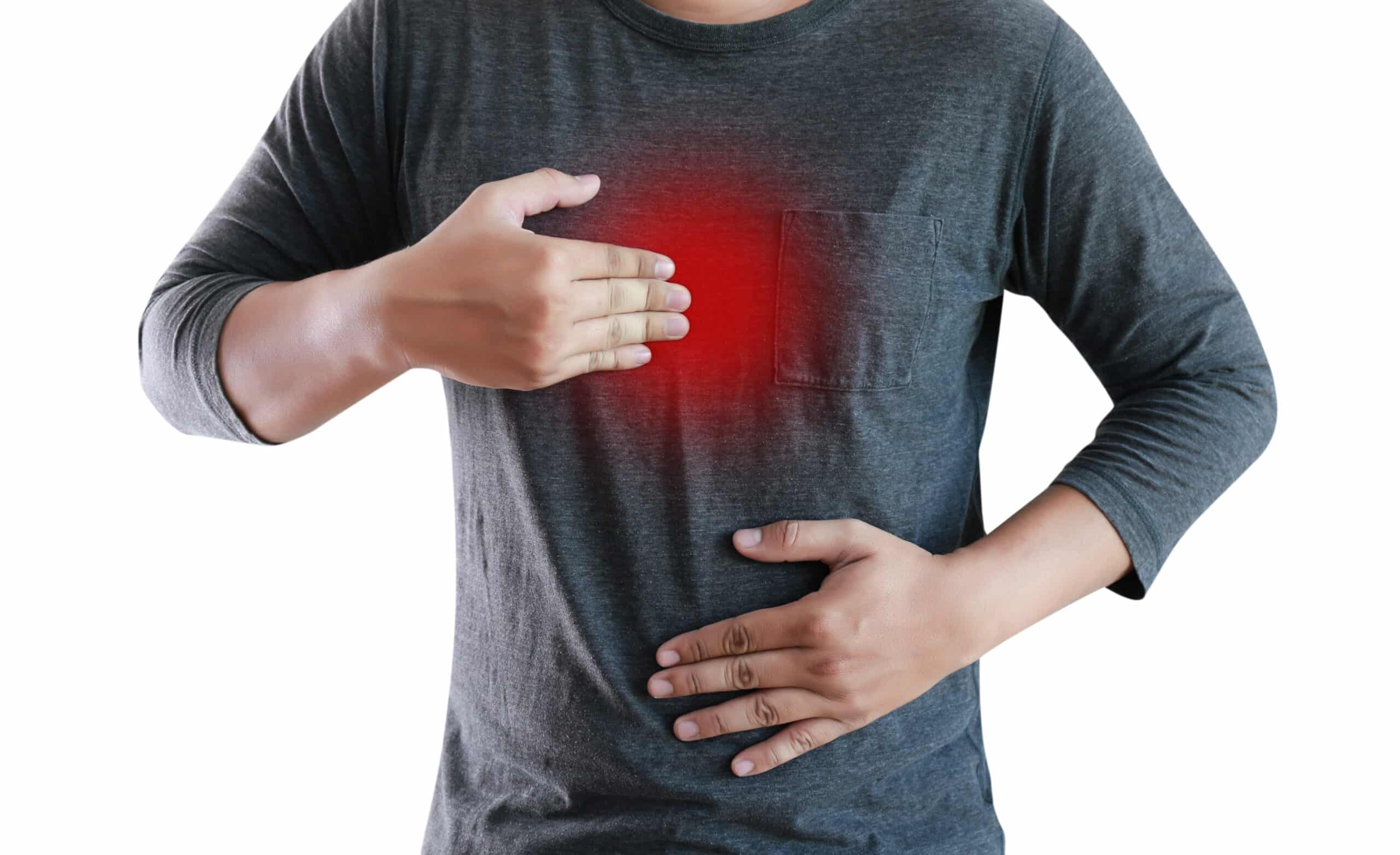
How to diagnose reflux
Struggling with symptoms of reflux? Getting the right diagnosis is the first step to managing and treating this common problem.
Find out more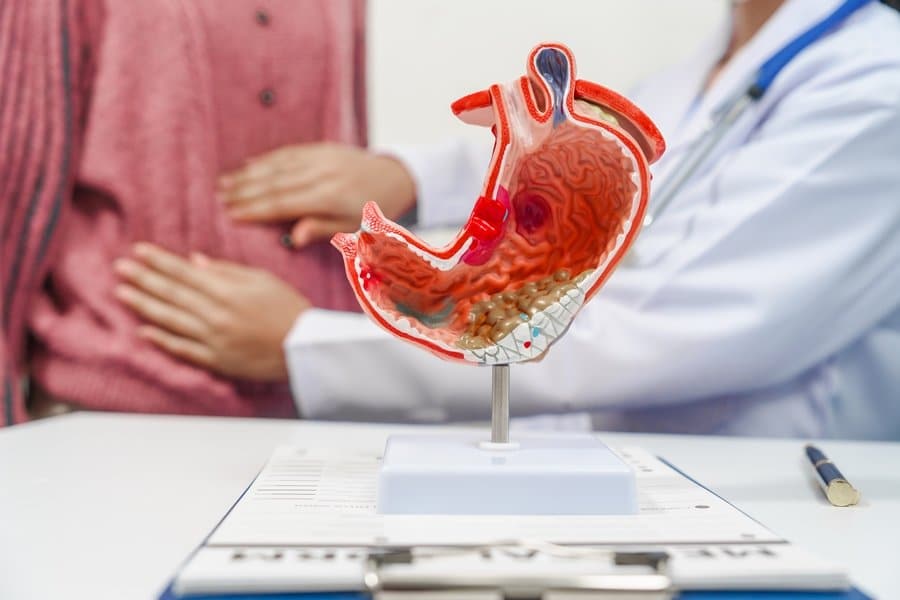
If you’ve ever had a problem with acid reflux, it’s likely there might be an issue with your lower esophageal sphincter. It’s located between the esophagus and the stomach, preventing food and acid from getting out. The sphincter is controlled by involuntary muscles which move and contract without you consciously activating them. Understanding the lower… Read more…
Find out more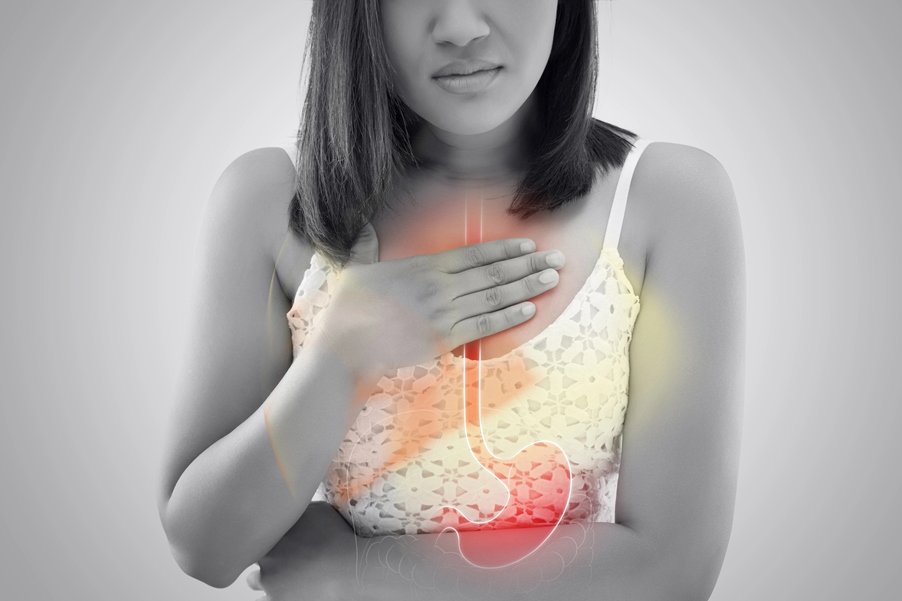
Gastroesophageal reflux disease (GORD) occurs when acid from the stomach enters the oesophagus, causing discomfort. Heartburn is the most common symptom due to the irritation from the acid. However, in some people, the acid enters into the oesophagus and higher without causing heartburn. Without any discomfort, this silent acid reflux can lead to damage to… Read more…
Find out more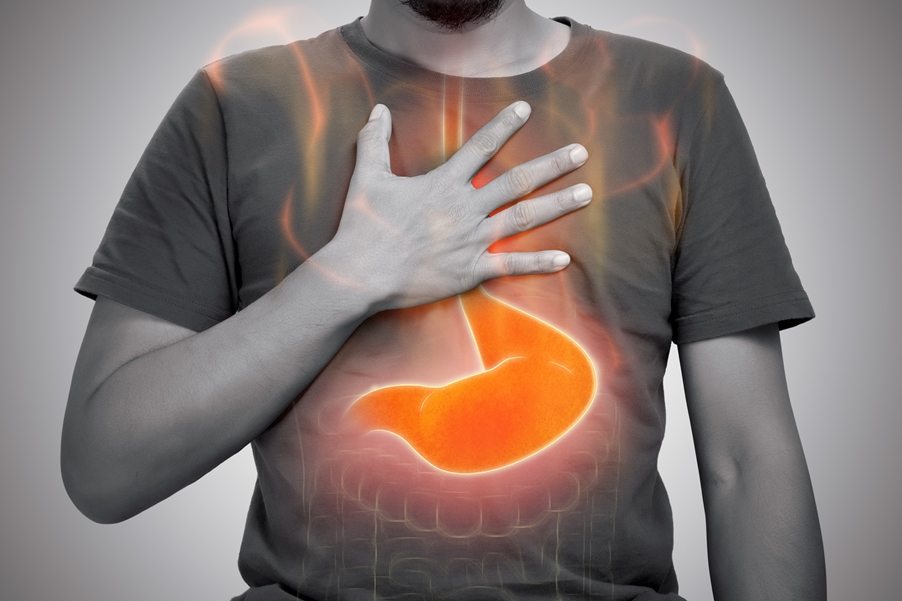
Gastroesophageal reflux disease, or GORD (GORD in the US), is a condition where acid moves out of the stomach and into the oesophagus. It’s estimated that GORD effects approximately 10-30% of the adult population in the UK. The condition causes heartburn, a burning sensation in the oesophagus due to the acid. Other symptoms include chest… Read more…
Find out more
Gastroesophageal reflux disease (GORD), or acid reflux, occurs when acid from the stomach enters the food pipe (oesophagus). You may notice symptoms of heartburn, chest pain, and coughing. Most people can manage the condition either with antacids (which neutralise the acid), lifestyle changes, or preventative medications, like H2 blockers or PPIs. Severe cases of acid… Read more…
Find out more
Sudden, severe chest pain, especially in the centre or left side of the chest, is a common sign of a heart attack (a medical emergency, call 999). However, chest pain can also be a symptom of other conditions like gastroesophageal reflux disease (GORD). Known as heartburn, the pain caused by acid reflux is often confused… Read more…
Find out more
If you’ve ever experienced acid reflux, you’ve likely taken an antacid. These medications neutralise the acid made by your stomach, providing immediate relief from heartburn. You can purchase antacids over the counter. However, these acid neutralisers don’t treat the underlying causes of heartburn or indigestion. Antacids are not to be confused with other acid neutralisers…. Read more…
Find out more
People who suffer from reflux, swallowing problems or regurgitation symptoms, where the stomach contents backflow into the oesophagus (food pipe), might have a problem with their oesophageal motility. Usually, when a person swallows, the oesophagus contracts along its length, opening the lower oesophageal sphincter (LOS). The LOS acts as a barrier between the stomach and… Read more…
Find out more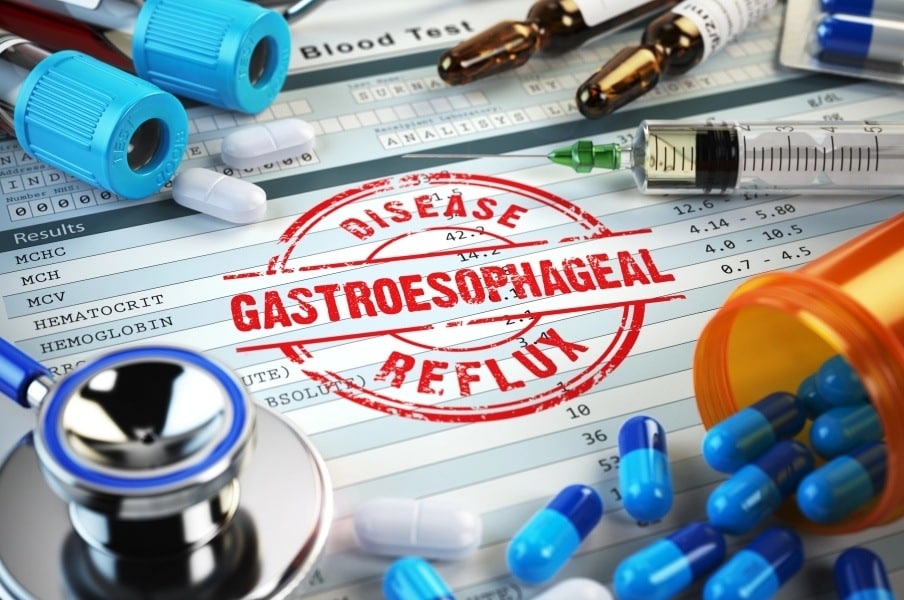
Gastroesophageal reflux disease (GORD) is a condition where acid flows from the stomach into the oesophagus. This causes irritation and inflammation, leading to symptoms such as chest pain, coughing, hoarseness, and regurgitation. Modern treatments for GORD focus on either neutralising the acid or reducing its production. Lifestyle modifications and pharmacological interventions are the first-line GORD… Read more…
Find out moreWe've got a number of exciting research trials to help change the future of IBS-D. Join us, we're shaping the future of IBS.